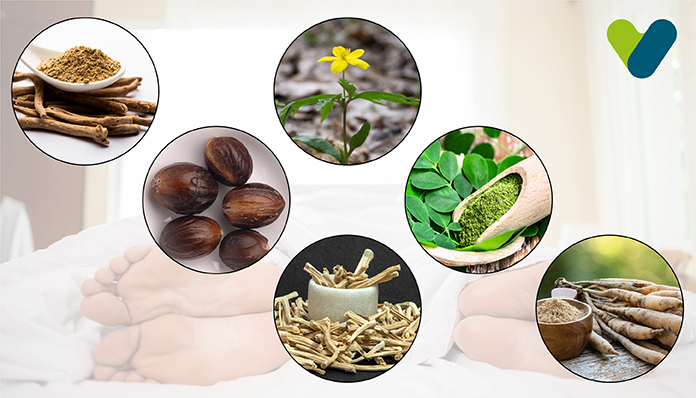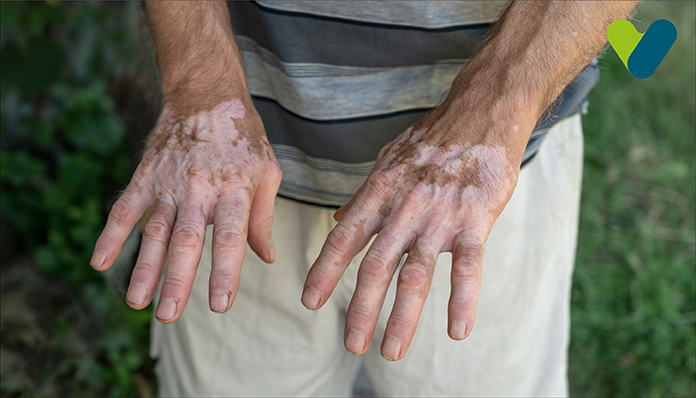Women's sexual problems are a lot more complicated (surprise, surprise) than men. Sexual disorders in women are - for the most part - linked to low sexual desire.
Reasons for low sexual desire in women today
Low sexual desire in women comes from a long list of factors including- Poor relationship with the partner or relationship stress (which is higher in modern times, where couples have less time together and where the rates of polygamy are at all all time high). Relationship problems, lack of communication and undesirability of the partner might also contribute to a lack of sexual desire.
- Some factors - like hormonal imbalances - might create a genuine low sexual desire disorder in women.
- A very common factor that creates female sexual problems today is job stress and a lack of work-life balance.
- Obesity and perceived undesirability in women can play a detrimental role in a woman's sex drive.
- Misguided sexuality: Maybe the woman is trying very hard to adhere to binary sexual profiling (imposed by her family or her social environment) that are contrary to her sexual orientation.
- This one is true for countries like India more so: a lack of awareness and/or negative sentiments around being physical with men, could very drastically affect sexual desire in women.
- Psychological trauma arising from negative and unwanted sexual encounters is another reason why women might display sexual problems.
- Painful sex from lack of lubrication, especially in menopausal stage or post-menopausal stage.
Low sexual desire treatment
Tackling the root causes for low sexual desire in women might not be feasible because that would involve taking on society and popular culture and saving the world and all of that. Who has time for all of that?Instead, if you need to tackle low sexual desire because you want to get pregnant, or even if you just want to keep your partner happy and your relationship optimised, you have Ayurvedic medicinal tools at your disposal.
In fact, a whole portion of Ayurveda - known as Vajikarna - is dedicated to fixing sexual dysfunctions in both genders. No matter what your problem is, you will be able to find a remedy in this little universe.
Of course - and it is important to not gloss over this - women's sexual problems arising from serious and lasting post traumatic stress (related to forced sexual encounters) might need to be addressed by a psychologist or mental health professional. Similarly, waning sexual interest owing to cracks in the marriage or relationship might call for professional intervention like relationship therapy or marriage counseling. And of course, sexual orientation cannot be "fixed" - it simply has to be allowed it's proper expression.
For everything else, there's Ayurveda.
Ayurvedic herbs for low sexual desire treatment
Here's a handy list of herbs that could fix low sexual desire not arising from psychological trauma or relationship failure:Ashwagandha
Benefits- Reduces stress and symptoms of stress
- Contributes to timely and regular menstruation
- Encourages hormonal balance
- Increases sexual desire by reducing anxiety
3 to 5 grams mixed with water and honey, perhaps ghee.
Side effects
Stomach upset arising only in case of overconsumption
Gokshura
This is a very targeted ayurvedic medicine for treating low sexual desire in women.Benefits
- Increased lubrication
- Easier arousal
- Increased desire
- Increased satisfactio
Quarter to maximum half a teaspoon with milk or honey
Side effects
- It could lower blood sugar levels. Be careful.
- It has a diuretic effect - you will need to pee a lot and will be prone to dehydration. Do be sure to consume sufficient water
Jaiphal
Nutmeg is the English word for Jaiphal. Due diligence: There is a lot of talk in the western world about nutmeg being a mild hallucinogen and about it also possessing mild carcinogenic properties, so obviously keep consumption low.In any case nutmeg is a frequently used spice in Indian cuisine. If the carcinogenic bit scares you, fair enough, move on to the next option. But do consider that party animals all over the world would be guzzling, snorting and hogging nutmeg if it really did cause hallucinations. Ecstasy and other illegal drugs would be out of business.
Benefits
- Antidepressant
- Aphrodisiac
Just a pinch!
Dry swallow this after your meals.
Side effects
Well you could probably over consume your way to some of those supposed hallucinations, so avoid anything more than a pinch.
Younger readers - avoid playing around and overconsumption unnecessarily.
Moringa
The humble moringa jumped to superfood status sometime in 2019.Benefits
- Vitamin boost
- Calcium boost
- Increased chances of conceiving/ getting pregnant thanks to the above two benefits
Depends on how you consume it and it is hard to say because today Moringa comes in tables, capsules and teas. Moreover this one is best taken with a prescription. Speak to a sexologist or fertility expert but be sure that he or she isn't dismissive of Ayurveda.
Side effects
Aplenty!!
Only consume under medical supervision.
Safed Musli
Benefits- Stress reduction
- Fixes reproductive issues
- Spikes sexual desires
2-5 grams of powdered safed musli, preferably mixed with milk, twice a day (one dose to be had with the breakfast or the day's first meal)
Side effects
- Safed musli could affect digestion
- It might also affect liver function in those already suffering from poor liver function
Shatavari
This actually comes from the asparagus family.- Improves fertility and chance if getting pregnant
- Reduces stress/ antidepressant
- Antioxidant
Experts seem to suggest that Shatavari should be consumed specifically with spiced milk and that the milk must be hot. You'll see why the specifics are important below.
Side effects
Kidney damage in case of incorrect consumption.


